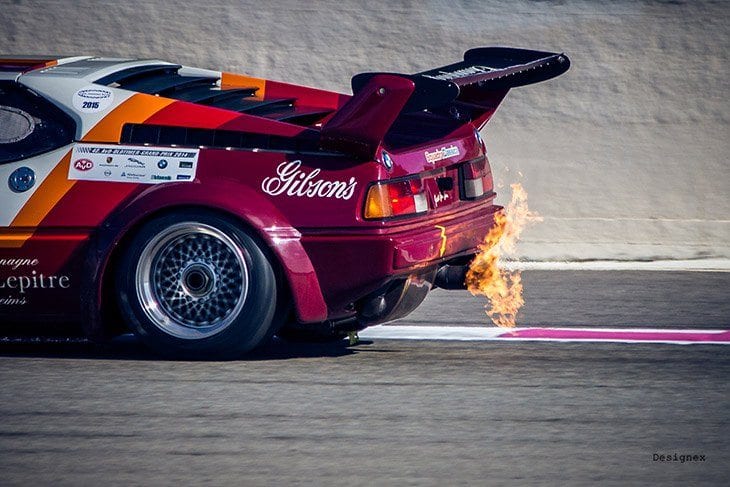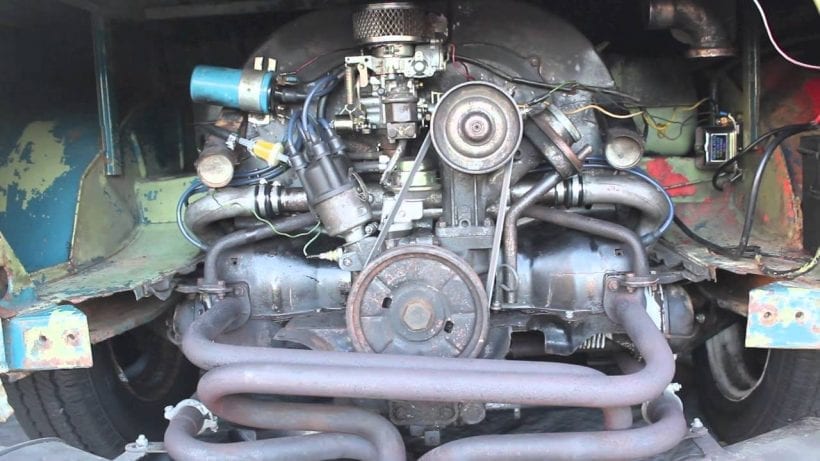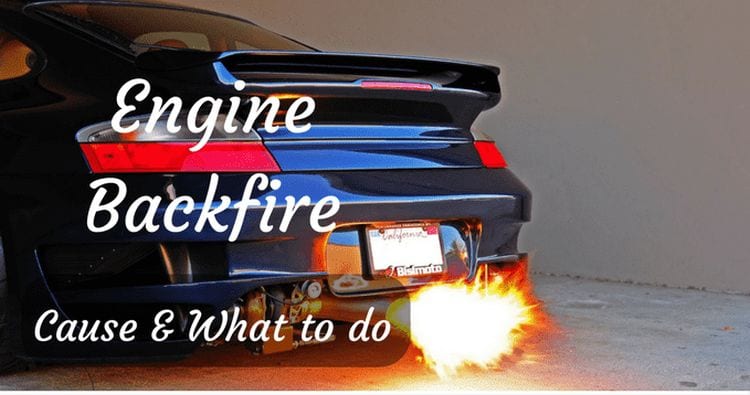Many drivers visit their car service center as a requirement to build a service history to maintain the value of their car and keep up with the warranty. However, an excellent service centre is the best place to visit if you start to experience problems with your car. One of the most common car problems that people tend to experience is an engine backfire, but this should not be ignored. An engine backfire is actually a tiny explosion of fuel vapour, and it can cause a great deal of damage. Let’s take a closer look at engine backfires in more detail.
What is an Engine Backfire?

This is the loud sound that you may hear from time to time; it sounds a little like a gunshot, and it will make other people jump when it occurs. This is effectively a small and fast explosion of fuel vapour, and it’s not as common now as it used to be. Many modern engines are better engineered without carburetors, and this reduces the chances of a tiny fuel detonation.
What Makes an Engine Backfire?
A petrol engine backfires due to timing issues; the fuel vapour is ignited because it’s allowed to mix with air from a faulty exhaust system. Any vapours from unused fuel or hot gases could explode if they subjected to the right circumstances. This could be caused by a damaged catalytic converter, or the exhaust manifold could be cracked. Another possible cause is an air-fuel mix that’s too rich; there is too much petrol mixed with an inadequate quantity of oxygen. This results in an incomplete combustion process where all of the fuel isn’t used, and this can lead to an engine backfire. If the mix is too lean or the combustion process is too low, this can also cause a build up of excess gas, and this will cause the exhaust system to open up, and an engine backfire could occur.
What Should You Do Next?

Of course, an engine backfire can be embarrassing in heavy traffic, but there are more serious consequences if you don’t take action soon. According to AHG Auto & Tyre Service, an engine backfire is an early indication that you need to take your car to a competent mechanic and get it checked out. If the air to fuel mixture it too lean there could be a problem with your scoring cylinder walls. If the air to fuel mix is too rich, you may find that you’re using far more fuel than you really need to and this will be reflected in your fuel bills each month.
Both of these problems will reduce the performance and the fuel efficiency of your car. Any faulty spark timing and/or ignition issues could eventually lead to a reluctant engine that will affect the optimal performance of any car. There are a number of ways to deal with this problem, the cost of the repair is far cheaper than paying more for your fuel and getting poor performance. If you are still in a doubt, you can visit n7autorepairs.ie for more further information.

